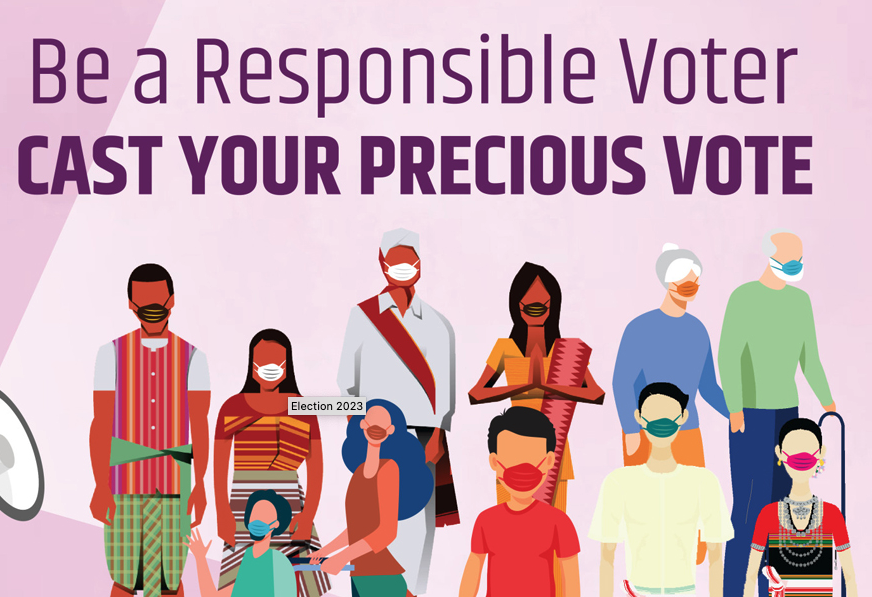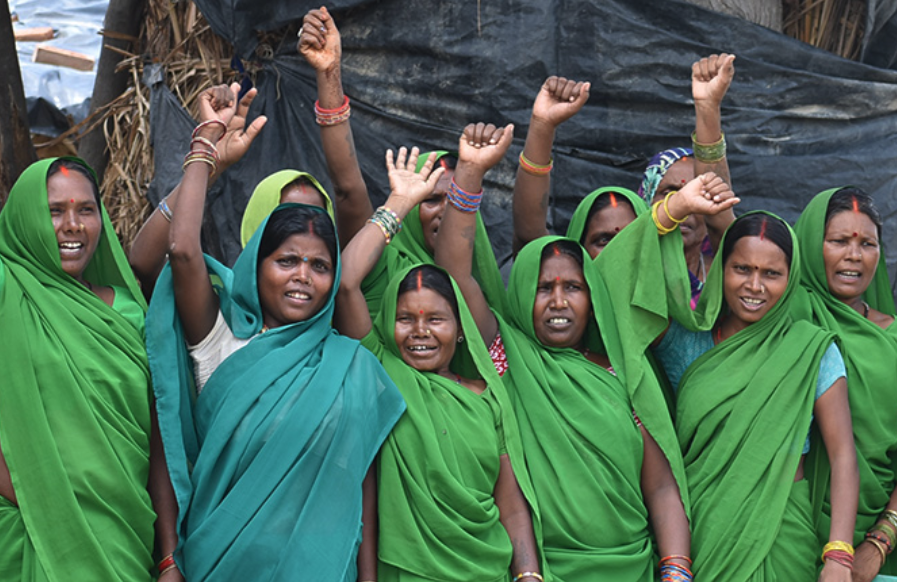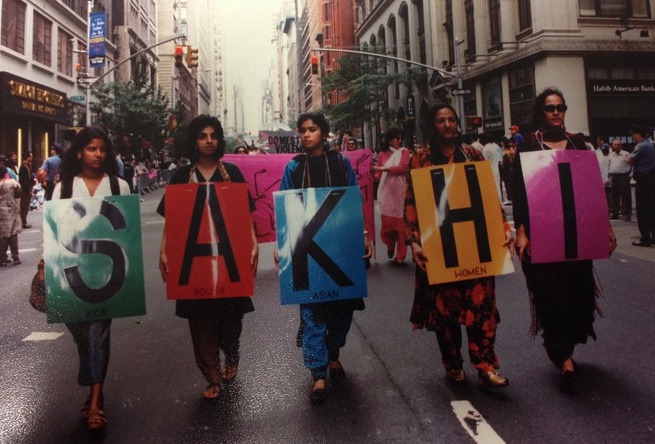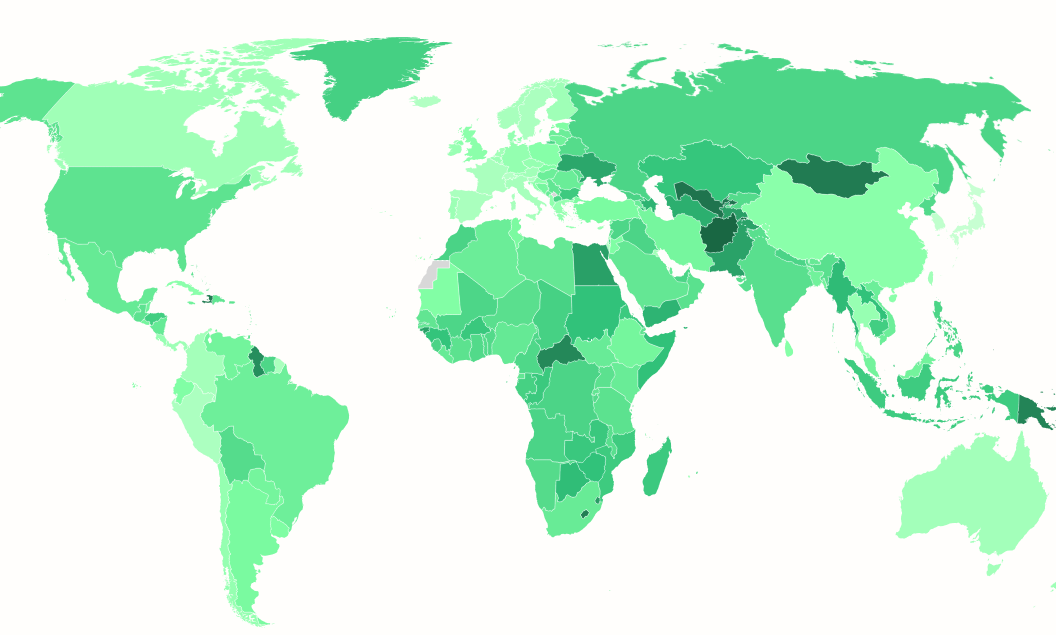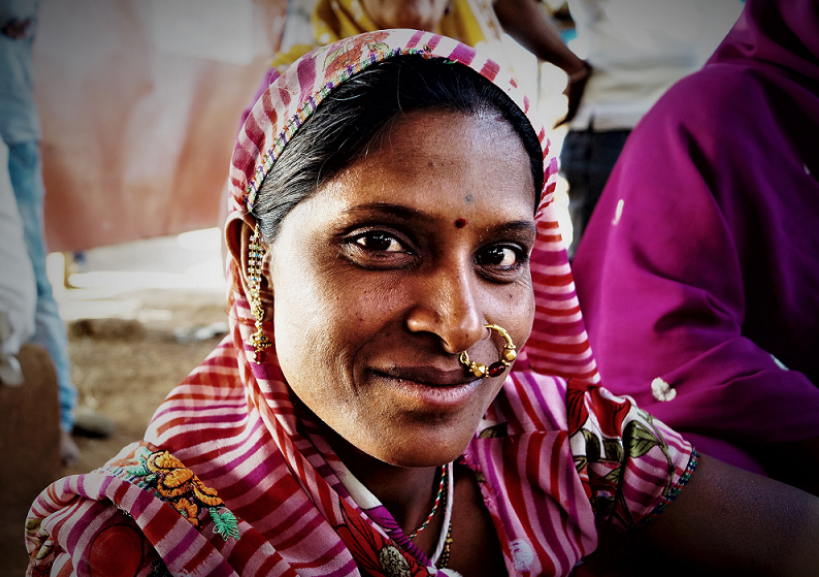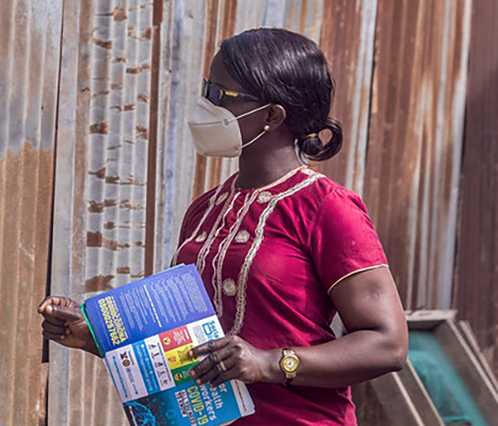Resources
We’ve compiled a list of organizations and resources that complement our work and provide more information on health and sustainable development.
Rajasthan, India
Jatan Sansthan
Jatan Sansthan is a grassroots not-for-profit organization based in Udaipur, Rajasthan India working with youth groups in rural communities in Rajasthan. Their initiatives have focused on improving social and demographic indicators by collaborating with youth groups. Jatan Sansthan created the Uger reusable pads to promote safe menstrual health practices, reduce menstrual health stigma, and reduce the rate of disposable menstrual product usage. The Uger reusable pads unit has created job opportunities for the women of Udaipur, Rajasthan, and addresses the root causes of period poverty.
Sexual and Reproductive Health
Engender Health
Engender Health has helped expand and improve sexual and reproductive health and rights (SRHR) and maternal and obstetric care in India. It provides technical support to national and state governments for high-quality family planning (FP) services, through advocacy initiatives and enhanced training programs. Their current work in India helps advance sexual and reproductive health (SRH) for adolescents, providing them with the information and services they need to make decisions that will positively affect themselves, their future families, and their communities.
Goonj “Not Just A Piece of Cloth”
Goonj is an NGO based across India to address crucial issues about menstrual health, education, and livelihood. Their values and guiding principles include community engagement, improvement over change, and collaboration. Their “Not Just A Piece of Cloth” initiative focuses on the issues and gaps of menstrual hygiene and management.
SAHAYOG
SAHAYOG works directly in the community on the empowerment of marginalized women in particular. It strengthens partnerships with state actors, civil society and the media to advocate for the rights of the oppressed.
Anemia and Nutrition
Country Nutrition Profiles
The Global Nutrition Report (GNR) is a multi-stakeholder consortium of health experts who collectively assess the state of global nutrition. One component of the GNR, the Country Nutrition Profile, provides a comprehensive picture of country-specific nutritional burdens, dietary patterns and health progress. Georgetown Project RISHI is dedicated to nutritional health and education in the under-served rural Indian population.
Belaku Trust
Belaku Trust is a women-led NGO based in Kanakapura, Karnataka India that promotes women's and children’s health and nutrition. Their mission is achieved through research, community-based interventions, and collaboration with service providers and organizations. Some of their objectives include village-level health and development with community efforts, support and training health and development personnel, and production of information materials and training and communication aids. In partnership with ASAN, a menstrual health brand, Belaku Trust distributed the Asan menstrual cup to over 3000 adolescent girls and women; their success can be largely attributed to their objectives.
What is Anemia?
This is a webpage from the NIH which discusses what anemia is, how it is treated, and how it may impact someone. RISHI’s Lucky Shakti Leaf project works to combat anemia by increasing iron intake, and this webpage will provide more general information about how and why we started this project.
Health and Development
Positive Deviance Collaborative
Positive Deviance (PD) is an approach to solving complex population-wide challenges through revealing and understanding the uncommon practices of certain successful individuals (positive deviants). In this way, PD derives situated and effective solutions from underrepresented local wisdom. Historically, PD has existed within the context of global health interventions, and was first applied to combat childhood malnutrition in Vietnam. PD continues to inform public health efforts, as well as work in education and business sectors.
Cultural Sensitivity and Humility
The Center for Disease Control and Prevention (CDC) establishes three fundamental principles to communication in the context of addressing global health inequity. In discussing the first of these principles, the CDC provides a conceptual and practical overview of cultural humility. For Georgetown Project RISHI, we see cultural humility as essential to ensuring the work we do with rural Rajasthani communities is compassionate, person-centered and locally situated for success.
Rajsthan Government Website
This is the official website of the Rajasthani government, the state in which RISHI works! Here, you can find general information about Rajasthan, details about local events, and information about how the government is organized.
Sakhi
Sakhi is a survivor network for South Asian women and people who are domestic violence survivors. One of its core missions is to address the cultural stigma and conversation regarding domestic violence and gender roles.
United Nations Sustainable Development Goals (SDGs)
The 17 Sustainable Development Goals (SDGs), represent a comprehensive framework for achieving global peace and prosperity for the planet and humankind by 2030. This call to action was adopted universally by United Nation (UN) member states in 2015 and continues to guide countries at all levels of development in improving social, environmental, health and economic conditions. Sustainability informs all of Georgetown Project RISHI’s social and health interventions, and long-term viability is a central tenet of all of our initiatives.
Global Burden of Disease
The Global Burden of Disease (GBD) study, led by the Institute for Health metrics and Evaluation (IHME), is among the world’s largest and most comprehensive synthesis of worldwide health data. This platform, and associated data visualization tools, enables the comparison of mortality and disease trends across countries, regions, age groups, sexes and time. Understanding the unique disease burdens of the communities we work with inform each and every one of Georgetown Project RISHI’s initiatives.


